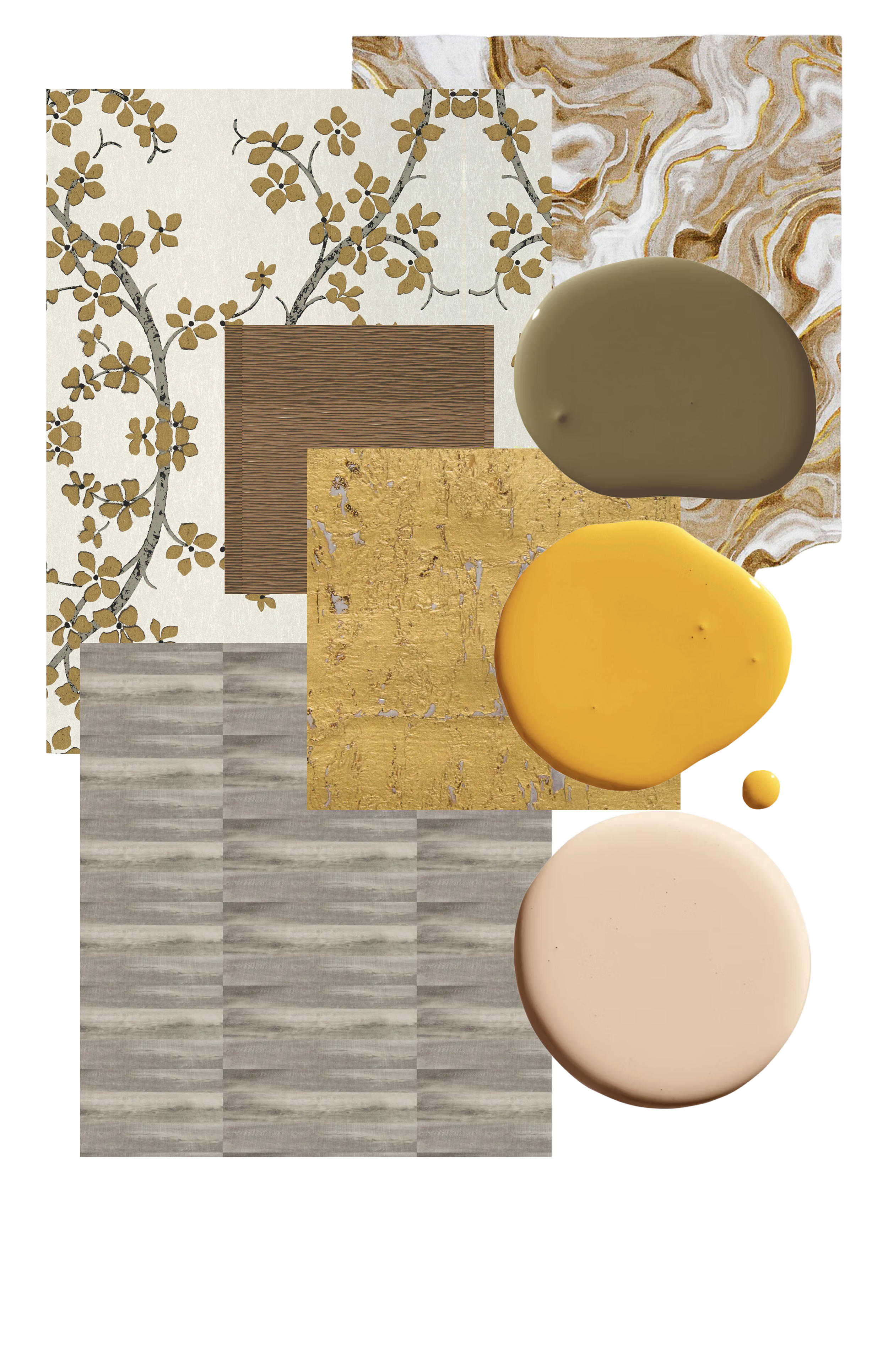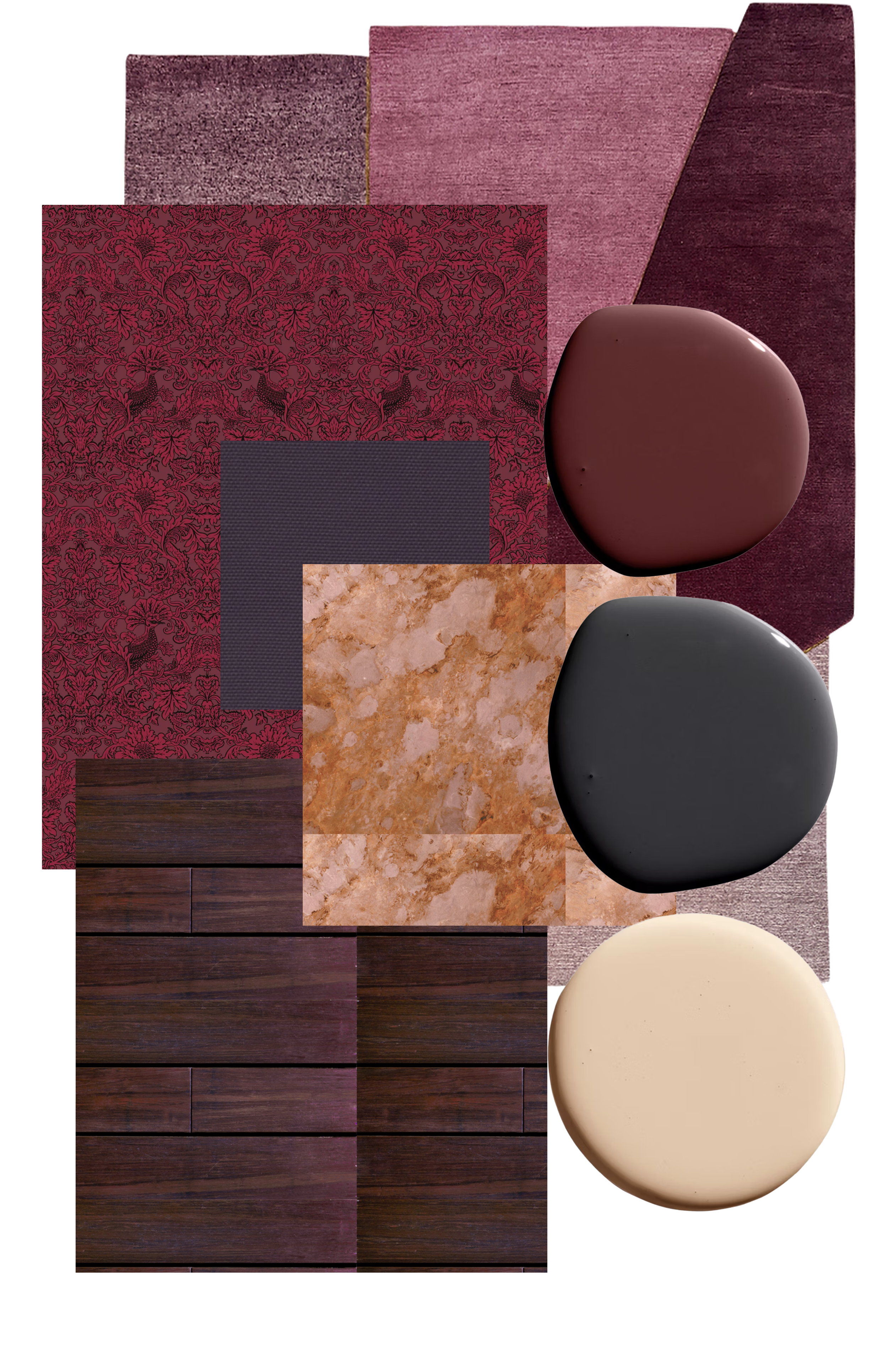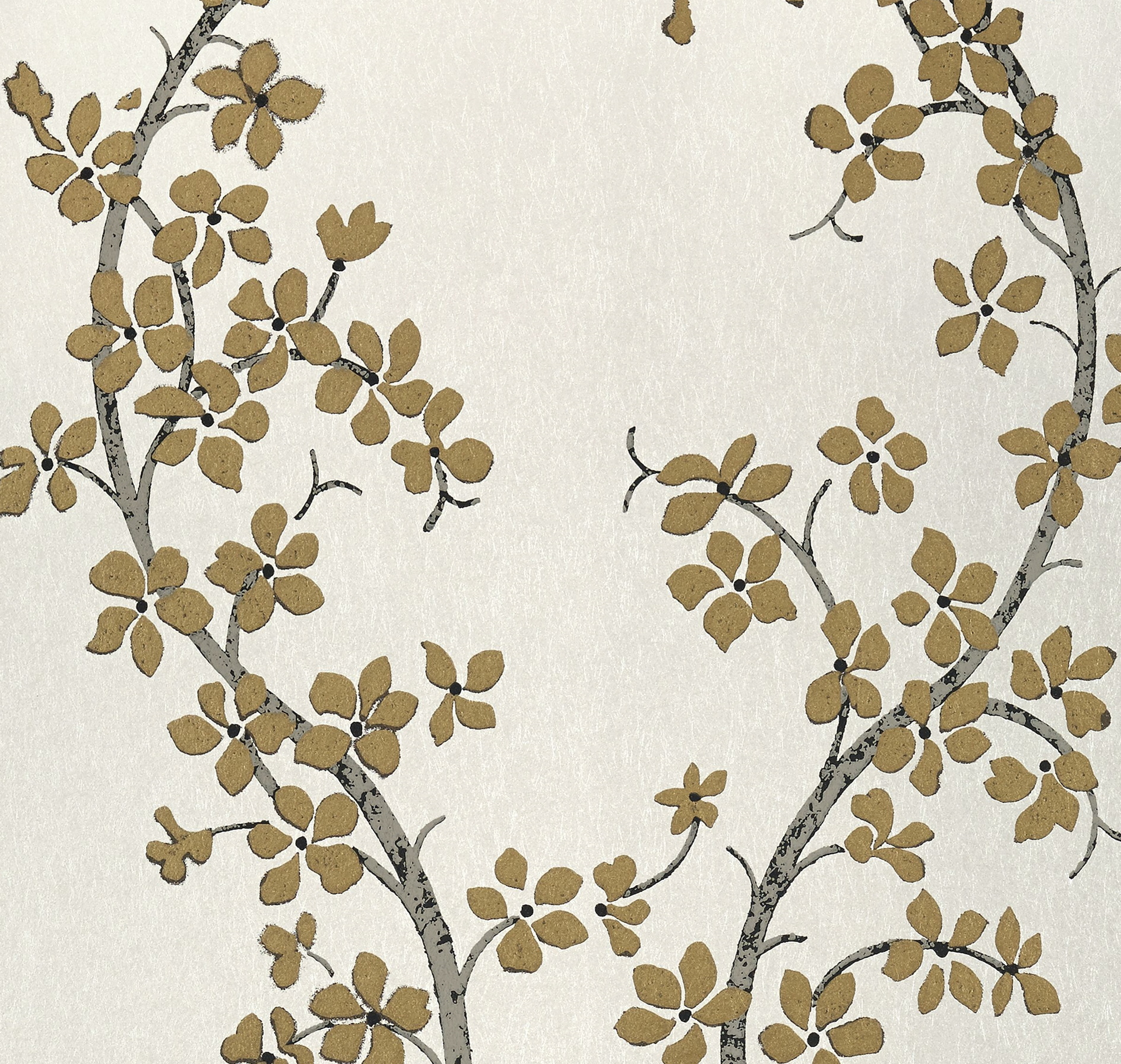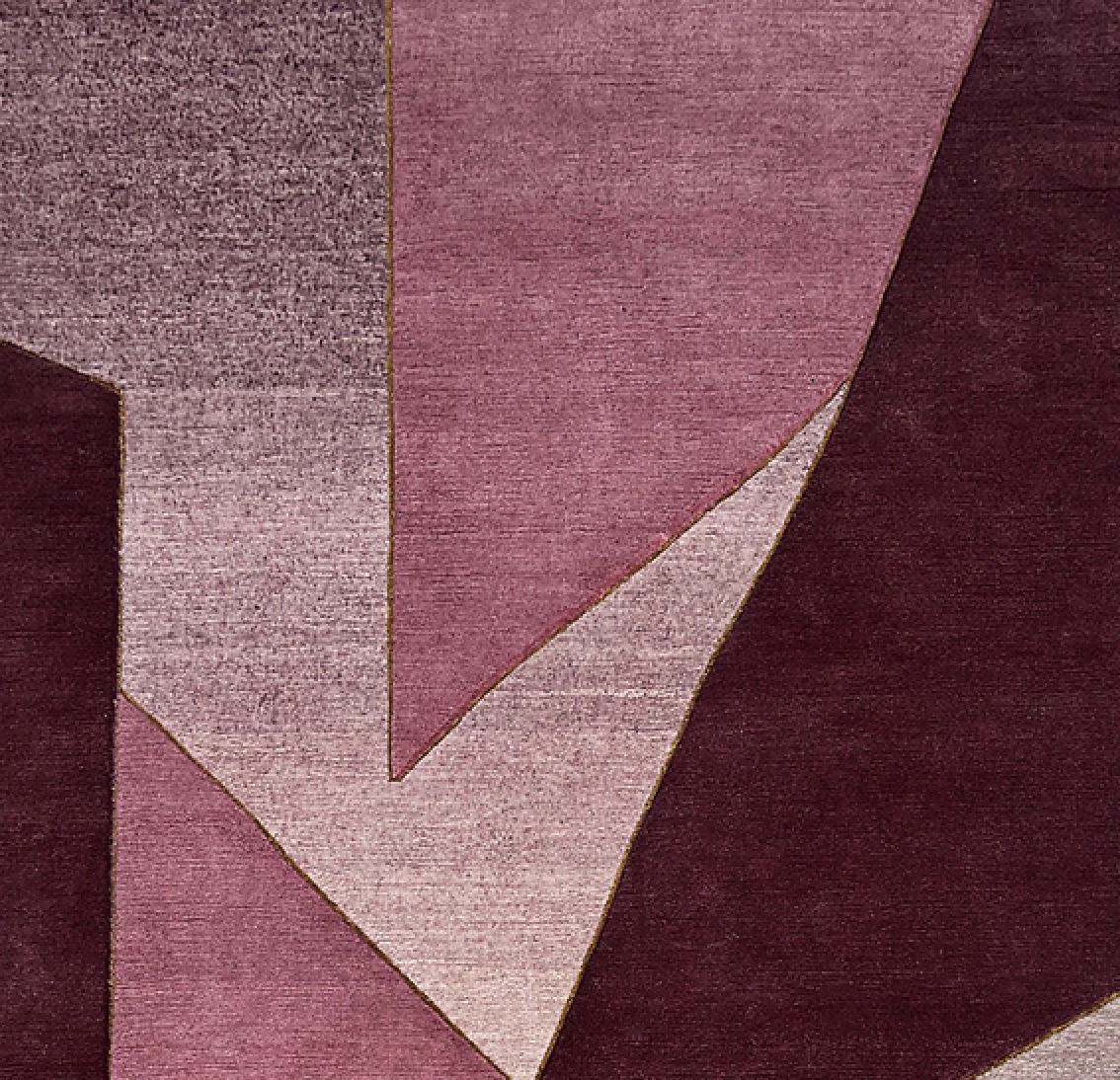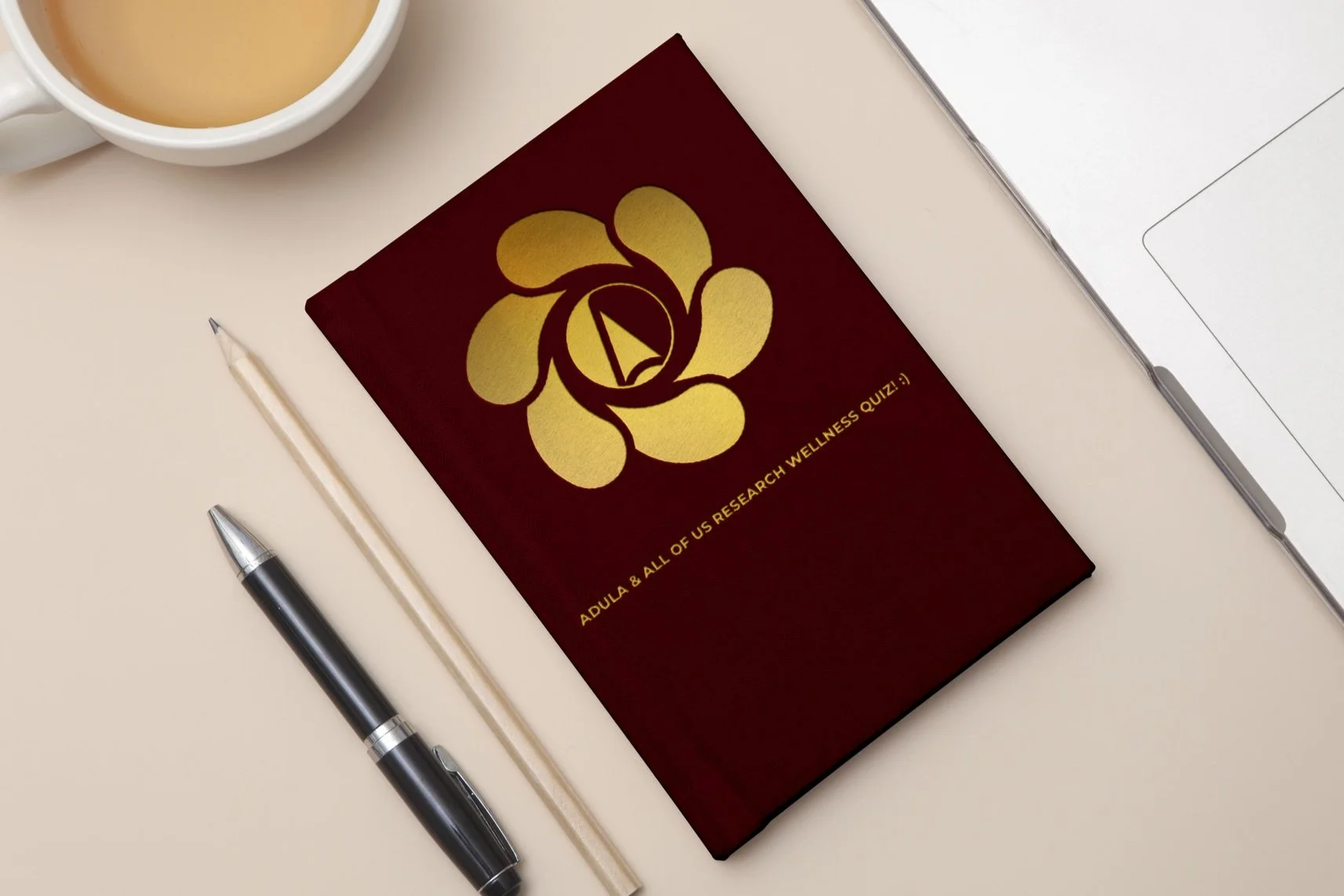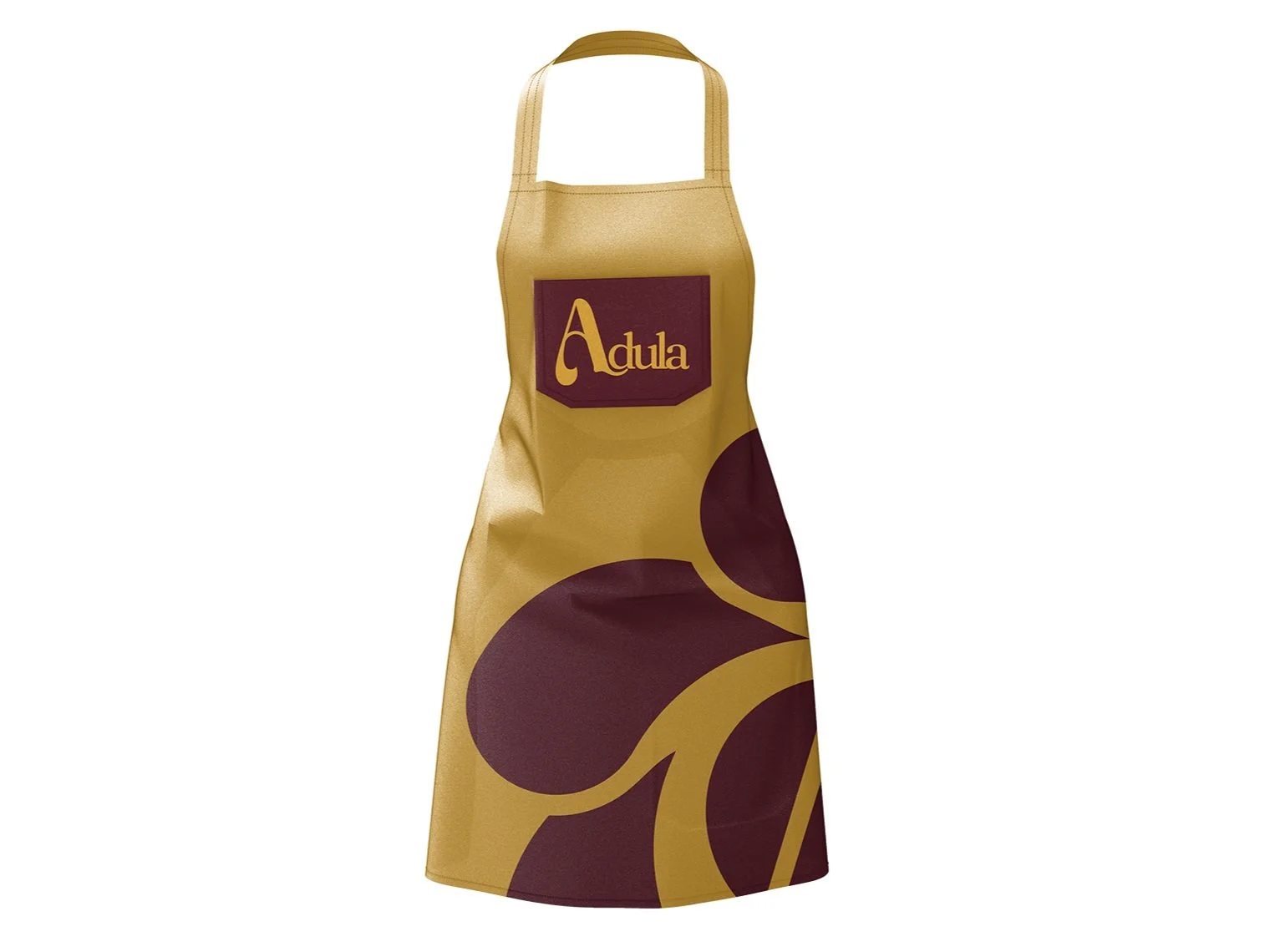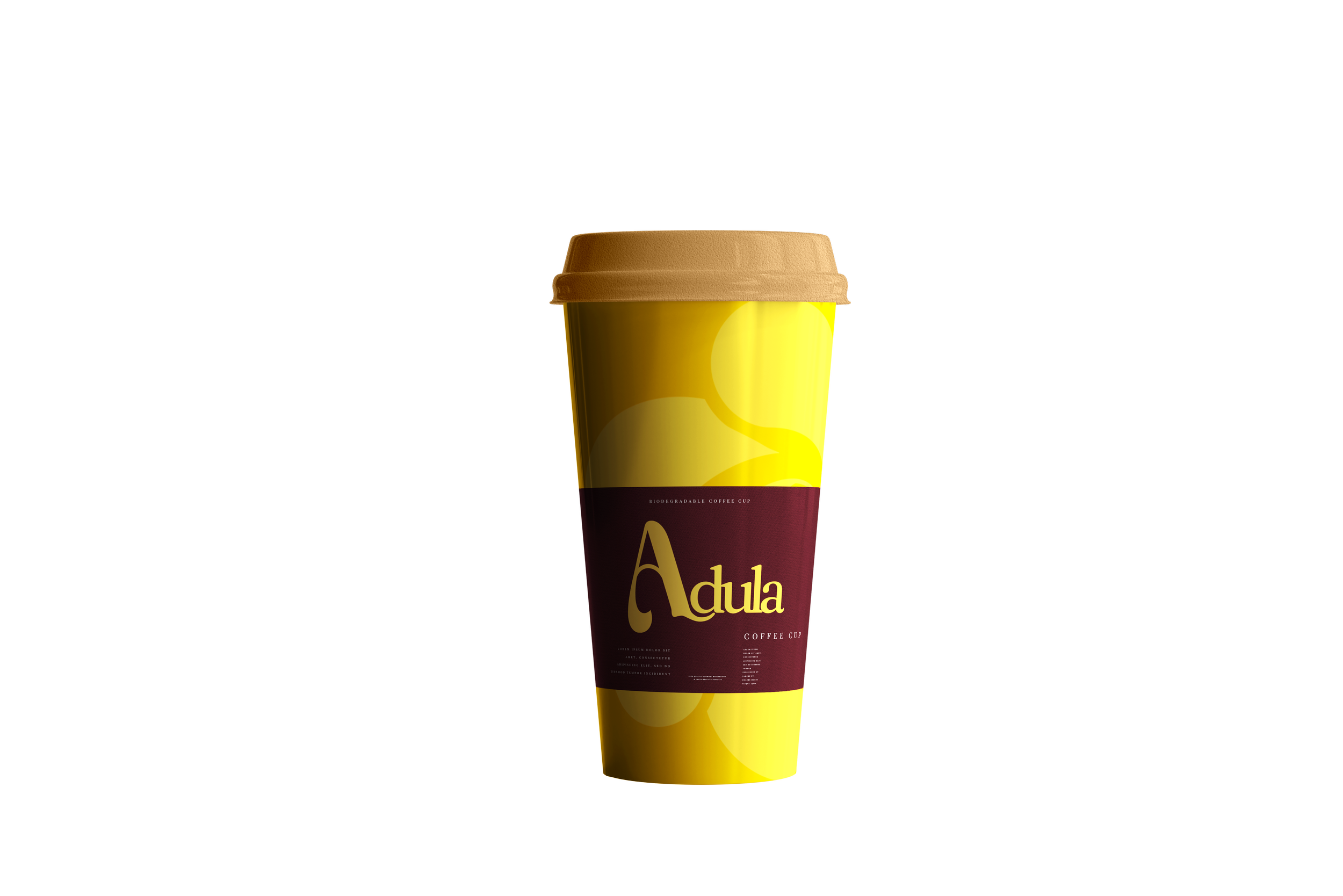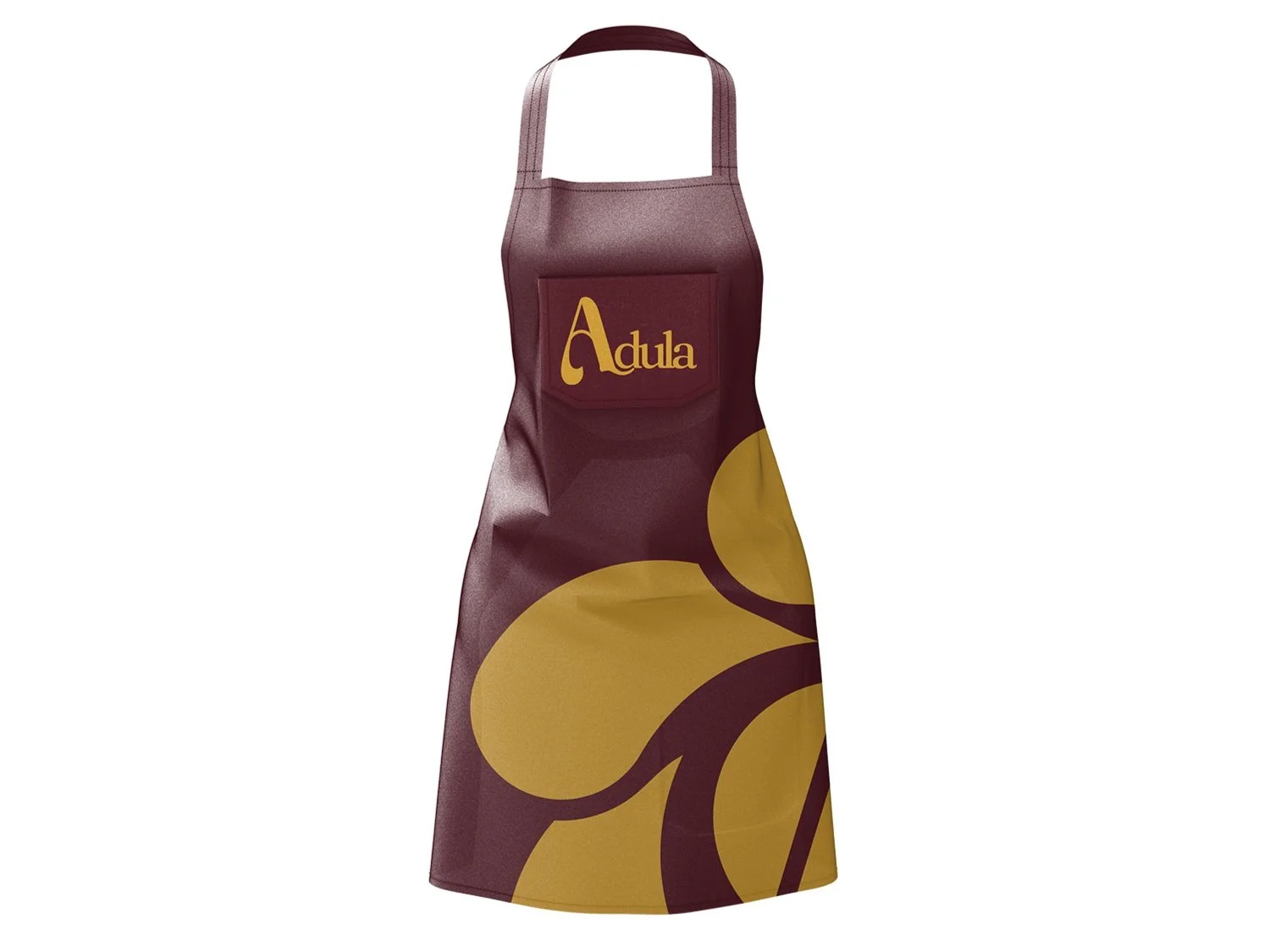ADULA | THEMED CAFE
Colors, materials, and finishes (CMF) + Brand Identity
A collaboration between UCI & NIH to attract niche demographics to participate in their All of Us research program. By ensuring that everyone is included, NIH accelerates research, contributing to precision and accurate medicine development.
Skills: Inclusive Design · Environmental Storytelling · Research-Based Design · Brand Identity · Health & Wellness Strategy · LGBTQ+ Advocacy · Public Space UX · Data Visualization · Collaborative Partnership Building · Adobe creative suite
Ovarian Cancer
Breast cancer remains the most researched cancer for women due to its high prevalence and strong advocacy efforts. Ovarian cancer, however, is less common but much deadlier
WHAT
A type of cancer that’s formed from abnormal cell mutation in the ovaries, forming a tumor.
Women, typically middle aged or above (50+), greatest in those aged 75+ ~ 80+. A woman’s risk of getting ovarian cancer during her lifetime is about 1 in 87
WHO
The exact cause of Ovarian cancer is speculated, but so far there are no clear answers. It is suspected that gene mutations of BRCA1, and BRCA2 play a part
Cause
Female specific illnesses, like ovarian cancer,
are understudied especially in lesbian women
Research suggests Lesbians may be at a heightened risk of being diagnosed with ovarian cancer. This increased risk is not due to their sexual orientation itself, but rather linked to certain behavioral and healthcare-related factors.
Risk factors
-
NO USE OF HORMONAL BIRTH CONTROL
Hormonal contraceptives, like the birth control pill, also reduce ovarian cancer risk because they inhibit ovulation. Lesbians are less likely to use hormonal birth control, which might slightly increase their risk compared to women who use it regularly.
-
LIFESTYLE FACTORS
Some studies have suggested that smoking, obesity, and alcohol consumption—factors that can increase cancer risk—may be more common among lesbian and bisexual women, which could also contribute to the increased risk
-
BARRIERS TO HEALTHCARE
Lesbians may face discrimination or discomfort in healthcare settings, leading to lower rates of routine gynecological exams, including pelvic exams and screenings for cancers. This can result in delayed diagnoses of ovarian cancer, which is often more successfully treated when detected early.
-
MENTAL HEALTH
Individuals with depression may face an elevated risk of cancer, 10% to 39%, depending on the type of cancer. Additionally, studies show Lesbians who are not open about their sexual orientation being at a higher risk of experiencing suicidal ideation and attempts compared to their heterosexual counterparts.
-
SMOKING
Smoking has been linked to many types of cancer. Older lesbians have been found to 70% more likely to smoke than heterosexual women, raising their risk factor of developing reproductive cancer by 3x more.
-
PRIOR CANCER DIAGNOSIS
Lesbians have been found to be twice as likely to be diagnosed with ovarian cancer due to prior history of breast cancer & chemotherapy use, Increasing the risk of ovarian cancer.

Overview - Adula
Colors, Materials, And Finishes (CMF)
Inspired Wellness Café for Community & Health
Adula is a unique wellness café designed to support the lesbian community by addressing both their physical and mental health needs. Inspired by iconic lesbian stories, the café provides a safe, welcoming space where people can gather, reflect, and engage in mindful practices.
Through thoughtful color, material, and finish (CMF) design, each room or section embodies themes from beloved works like Carmilla and Gentleman Jack, creating a space rooted in cultural significance.
Beyond aesthetics, Adula offers a holistic approach to well-being by addressing the higher rates of depression and smoking within the lesbian community—both of which can increase the risk of ovarian cancer.
The café promotes health through journaling, mood elevation practices, and smoking cessation support, including nicotine patches for purchase. By partnering with organizations such as Adobe, Adula also serves as a bridge to connect visitors with the NIH's All of Us research program, contributing to the advancement of healthcare for underrepresented groups.
Colors, Materials, & finishes (CMF).
Colors, Materials, & finishes (CMF).
Gentleman Jack
Carmilla

Collaboration with Large Organizations
By partnering with large corporations like Adobe, the café will not only amplify awareness of these issues but also make a tangible impact. Adobe’s involvement, for instance, could come in the form of sponsoring digital workshops, creative journaling prompts, or even competitions that encourage storytelling among lesbians, creating a sense of community and advocacy.

Psychological and Physical Health
This café goes beyond being just a themed space. It's a wellness café that addresses both the mental health needs of lesbians (who statistically have higher rates of depression and smoking) and the physical health risks (such as ovarian cancer).
Journaling Spaces: Dedicated journaling stations where visitors can relax, reflect, and improve their mental well-being. The journals sold or given away could tie into themes of empowerment and community healing, with prompts for mindfulness or mood-tracking.
Nicotine Patch Sales: In line with addressing smoking rates and its relation to ovarian cancer, the café could offer nicotine patches, helping to encourage smoking cessation in a comfortable, non-judgmental setting.
Community Engagement
BRAND IDENTITY
The café serves as a hybrid space—welcoming all, but particularly providing a safe and dedicated space for lesbians to gather, socialize, and support one another. The experience is designed to be both intimate and expansive, with digital components that encourage engagement with the NIH All of Us program, creating a seamless link between personal health and collective scientific advancement.

OVERALL ASSESSMENT
Developed a CMF and brand identity system rooted in inclusive wellness. Integrated health data and behavioral risk factors into the spatial narrative. Synthesized environmental and cultural cues to support marginalized users. Collaborated with large-scale organizations (NIH, UCI, Adobe) to enhance outreach.
Framed public health as a spatial experience through narrative and visual design. Mapped user behavior patterns (e.g., smoking, journaling) to physical interactions. Elevated underrepresented health concerns through CMF storytelling. Bridged healthcare, research, and design through community-driven engagement. Addressed health inequities using thematic design interventions. Designed hybrid physical-digital touchpoints.





